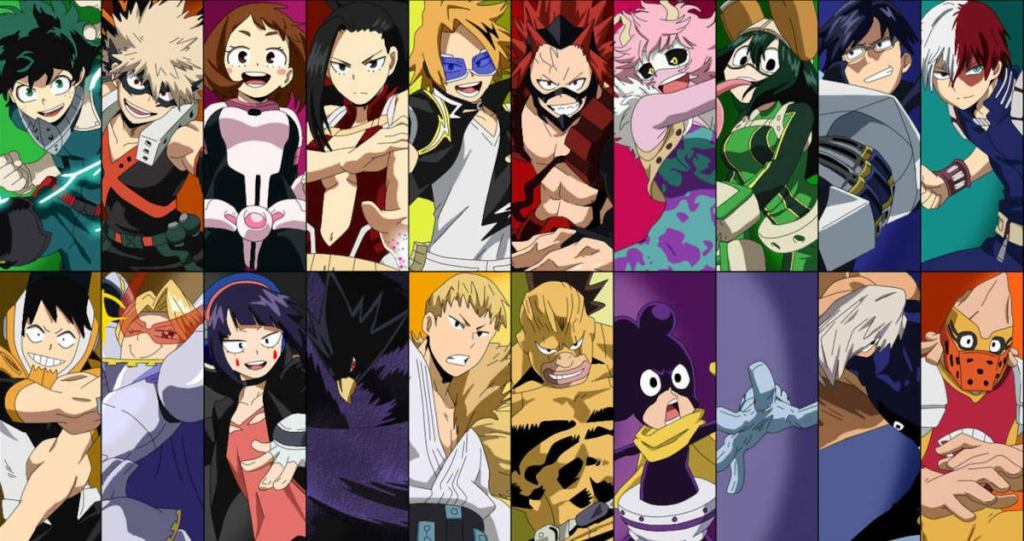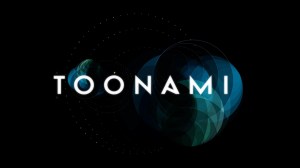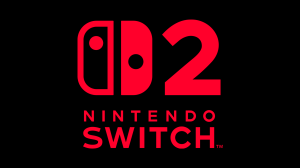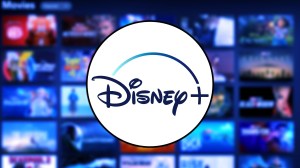My Hero Academia is coming to the end of its manga run, with an epilogue that sees life in Japan’s hero community returning to relative normalcy, as the students of U.A. enter their respective graduation ceremonies. However, as the educational conveyor belt takes Class 1-A into their second year, MHA fans overwhelmingly agree on the idea that the series can’t end without a significant timeskip – one that takes Izuku Midoriya and his friends in Class 1-A beyond the end of their school days.
Videos by ComicBook.com
This series is titled “My Hero Academia”; that title has always generated a fair amount of implication (and subsequent assumption) that creator Kohei Horikoshi would complete Deku and Co.’s studies at U.A., by the time the series ended. The manga and anime only deepened that assumption with the iconic monologue from Deku, framing the series as “the story of how I became the greatest hero.” It all spoke to the idea that we would see Izuku go from quirkless hero wannabe to aspiring student, to student forced to become a true hero before his training was complete, and by rising to that challenge prove himself not only worthy but the best, most selfless, hero of his generation.
If anything, it was more surprising to see Horikoshi push My Hero Academia into the Final War Saga at the moment he did (way back in 2021). For a long time, it was debatable whether or not MHA would mimic Naruto, ending one volume of the series after something like the Paranormal Liberation War arc, and then advancing the kids of Class 1-A to their second (and maybe third) year of studies, before the final battle with All For One served as their “graduation” test before becoming the next generation of pro heroes. Instead, the series packed the entire battle for the future of society into Class 1-A’s first year of school.
To put a fledgling class of would-be heroes through the intensity of war and loss was… a choice. To his credit, Horikoshi managed to highlight the deeper theme of the series: that the new generation of teens becoming adults (Gen Z) has more potential than any other to rise together and face the terrifying challenges and/or inequities of today’s world. But in order to fully convey that theme, Horikoshi needs to convey what the experience of war has done to Izuku and his classmates, by the time they head out into the world to be its next pro heroes.

My Hero Academia’s epilogue doesn’t have to spend much time or space for the timeskip. It can literally be the final scene of the series: the characters of Class 1-A older, in their full pro-hero personas, with firm, confident outlooks on what kind of pro heroes they will be, and what they hope to accomplish in the world. Not only will it be a true sense of completion for many fans, but it will also give fans something they’ve been hoping for: Aged-up versions of Class 1-A in official pro hero costumes. So much fan art has been dedicated to that idea, and one final splash page image of it would be epic.
Of course, there’s a final motive for My Hero Academia to have a timeskip beyond the school years in its epilogue: If the series ever continues, it sets that second series up to either follow Class 1-A into the pro hero world; introduce a new generation of school students, or a combination of both.
My Hero Academia’s manga is available to read at Shonen Jump.








